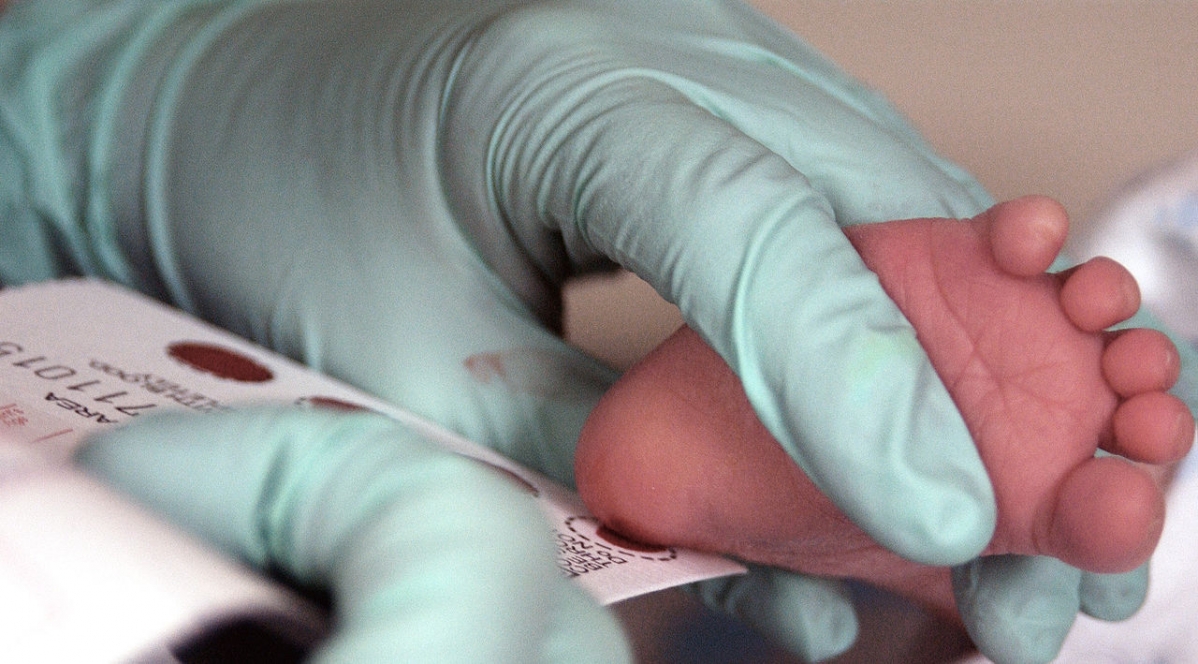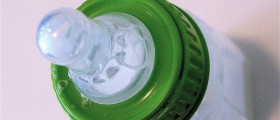Right after the birth of a baby born in a hospital, staff will perform an array of examinations to check if the newborn is healthy. It starts with APGAR scores, and a PKU test often referred to as a heel prick is likely to follow soon after. What does the PKU test look for, and what would happen if a baby didn't get the test?

PKU stands for phenylketonuria, which is a rare but very serious disorder. The PKU test checks if a baby has the enzyme that allows the processing of phenylalanine , an amino acid that is necessary for people's growth and development. PKU patients lack this enzyme, which causes phenylalanine levels to build up inside the body, instead of converting it to tyrosine as would normally happen. If you're not sure what that means, you're not the only one. But on a basic level, it means a baby with PKU will have seizures, brain damage, and the resulting cognitive problems.
Babies who have PKU will be at risk as soon as they start consuming either breast milk or formula, both of which contain phenylalanine... along with most either protein-rich foods! If your newborn has PKU, he or she will need to follow a special diet to prevent damage.
A PKU test is generally carried out around 24 hours after a baby is born. These early tests are not always accurate, so the test is repeated a week to 10 days after birth. A PKU test checks for PKU, along with some other diseases. During the test, a small blood sample is taken from the baby's heel, and examined in a lab. There are no risks involved with the test itself, other than a little pain and perhaps a bruise. But the test is of extreme importance, despite the fact that PKU is relatively rare it can save the quality of life of a newborn!
- www.nhs.uk/conditions/phenylketonuria/
- www.cdc.gov/nbslabbulletin/bulletin.html
- Photo courtesy of U.S. Air Force photo/Staff Sgt Eric T. Sheler by Wikimedia Commons: commons.wikimedia.org/wiki/File:Phenylketonuria_testing.jpg

















Your thoughts on this
Loading...